by Angie Davis, The Strategic Wordsmith.
Rucking. The cardio workout that is so simple it’s stupid. Grab a ruck (the Rucker is a good choice), put weight in it, put it on your back, and walk out the door. That’s it. For those of us with an intense dislike for running, this is the perfect opportunity to get in some much-needed cardio.
Rucking is something everyone can do. For those just starting an exercise routine, put 10 lbs in a backpack and go for a quick walk. You will start to build up stamina and can increase your distance and weight over time.
Been exercising a while but looking for something new? Start with 20 lbs in your ruck (ruck plates help with that) and get moving. GORUCK participants – add more weight, and more miles because, well, you can never get enough miles.
We all have our own reasons for looking at a new exercise. Some people are tired of walking and want to try something more challenging, with a bit more cardio involved, but jogging is not going to happen.
But, does rucking kick it up a notch? Does rucking burn more calories than walking alone? I’ve heard that rucking can burn two to three times more calories as walking alone – but is this real?
I like the cold, hard facts. My mind doesn’t work with “the studies said”, so, I did the math. I love to ruck, but I needed to see that it actually does burn that many more calories.
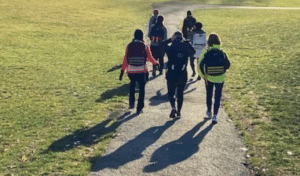
Calculating Calorie Burn
Here’s the math:
We need to start with how we burn calories. Calories Burned = BMR X METs / 24 X hour(s) exercising. This formula gives you the amount of calories you burn while doing any exercise. You just need to find the right numbers to plug in. Let’s do that.
The first thing you need to understand is your Basal Metabolic Rate (BMR), also known as your Resting Metabolic Rate (RMR). This is the amount of calories your body burns while at rest, as in, sitting on the couch staring at your smartphone in a daze. You figure this out using the formula below. I used the Harris-Bennedict formula because it’s the most commonly known formula, and it’s in pounds.
Men
BMR = 66 + (6.2 × weight in pounds) + (12.7 × height in inches) – (6.76 × age in years)
Women
BMR = 655.1 + (4.35 × weight in pounds) + (4.7 × height in inches) – (4.7 × age in years)
Rucking’s Impact on Calorie Burn
The next part of the equation is the METs (Metabolic Equivalent of a Task). This is the measure of exercise intensity based on oxygen intensity (the amount of oxygen breathed in while exercising.) The MET for walking is between 3-5, depending on how intensely you are walking, and the hilliness of the landscape. The MET for rucking is between 8-10, again, depending on how much weight is in your ruck, your walking speed, and the hills in your terrain. Because the METs change based on the exercise you are doing, you do not need to change your body weight (don’t add the weight of your pack) for this equation.
And the hours exercising is the number of hours you exercised (1 hr, 1.5 hr, 14 hrs if you were at the Mog Mile with Cadre DS).
Let’s put it all together, with a 35-year-old man weighing 190 pounds and is 6 feet tall who walked/rucked for 2 hours. Using the Harris-Benedict formula, his BMR would be 1921.8 calories burned.
Plugging the BMR and other values into the calories burned formula for walking gives you this: (1921.8 X 3.5) / 24 X 2 = 560.53
and for rucking (1921.8 X 8.5) / 24 X 2 = 1361.28.
Does Rucking Burn More Calories?
Doing the math shows us that rucking burns just under 2.5 times more calories than walking. And that is a good reason to throw on a ruck when you go for a walk. Grab a ruck, grab a friend, or 10, and get outside. When you finish, grab a pizza and a beer, because, well, you certainly earned it!
Disclaimer: For this article, I assumed walking at a 4 mph pace. And I looked at rucking at the same pace with a 20-40 lb pack. As with any exercise, if you increase your pace your METs will increase, for both activities. For rucking, if you increase your load, your METs will also increase.
Want to start burning more calories with other cool people, find a Ruck Club in your area.

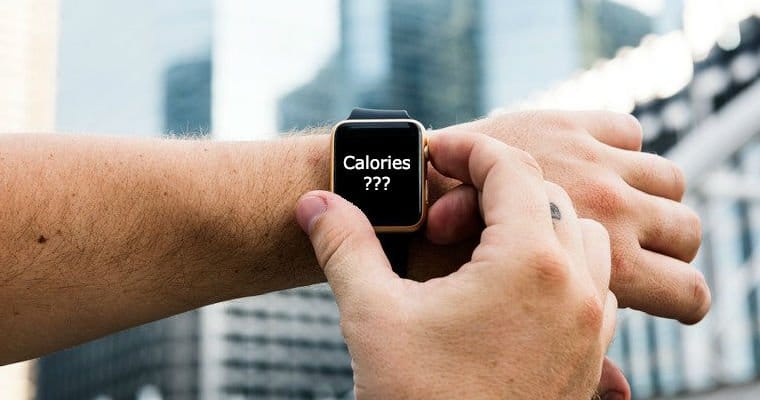
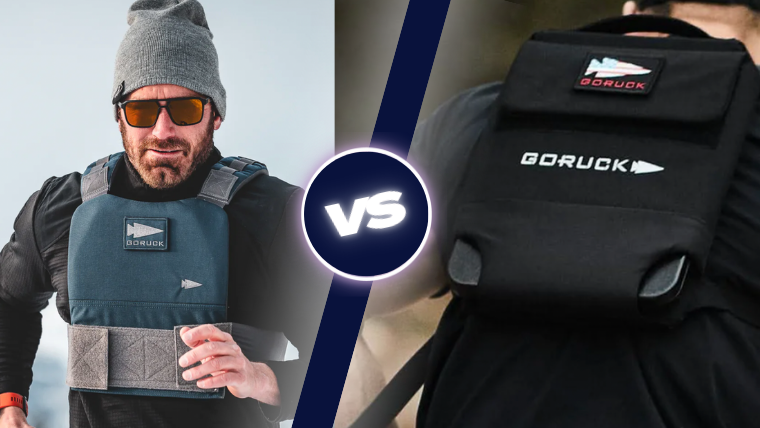
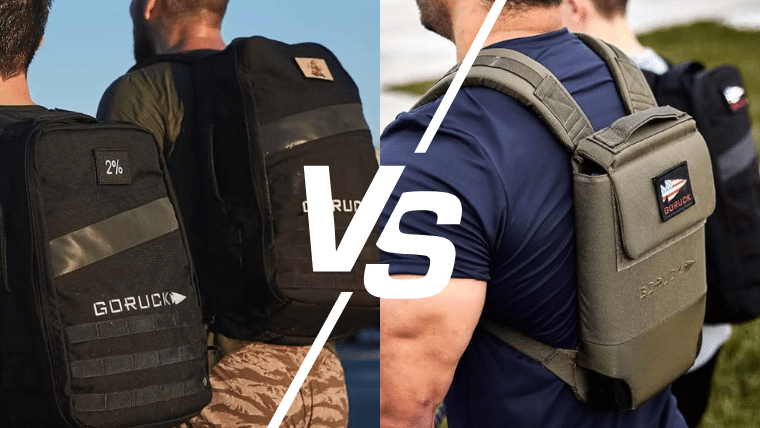
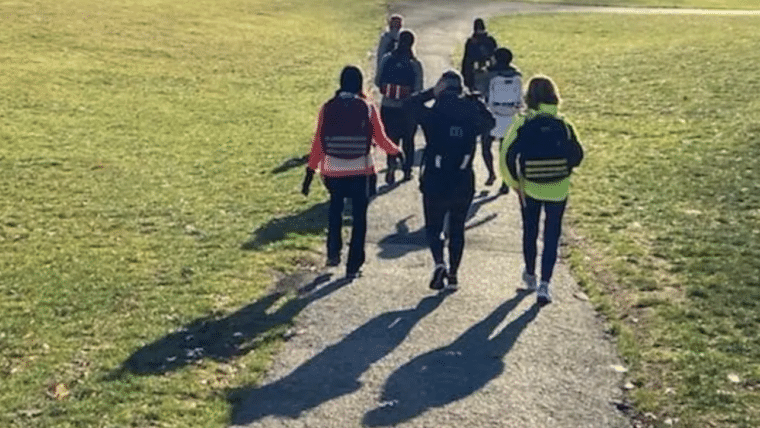
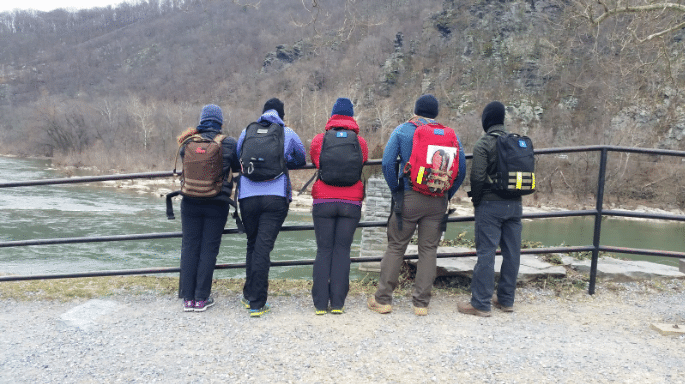
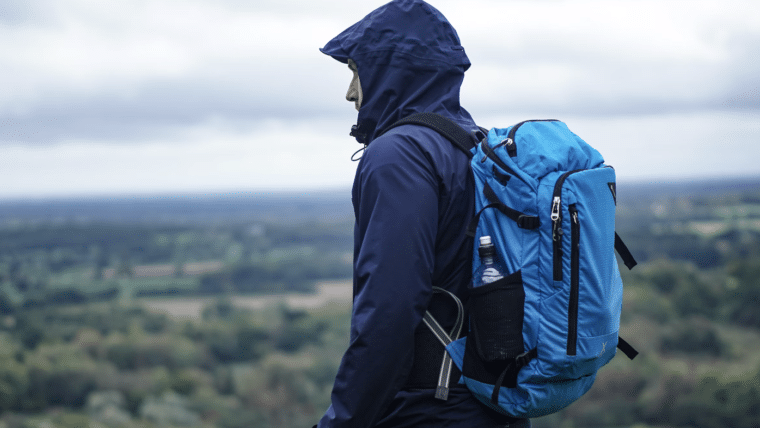

9 Replies to How Many Calories Do I Burn Rucking?
Very impressive and informative. At the age of 70yrs., I’ve been physically active all my life, ( hockey, lacrosse, running, gym, swimming, walking). This past 10 yrs more walking/running combinations per outing for 3 – 8 miles and strength training at gym. I will definitely integrate Rucking into my weekly routine:-) starting today December 26, 2019:-) thanx – Guy, Blenheim Ontario, Canada
PS will let you know how I do with Rucking. Great website!!
I recently found an app for my Garmin Fenix 5s (works with other models as well) that allows you to configure a hiking workout with an added weight. It then tracks the activity and provides an adjusted calorie total as well as some other data. Useful.
OutdoorSports+ on Garmin Connect IQ store.
Another useful resource is:
https://www.outsideonline.com/2315751/ultimate-backpacking-calorie-estimator
Great read! I totally agree with how easy it is to start and generally how accessible rucking is. I got into rucking through a friend who was really into it (still is) and with the intention of honestly just having a good time. But, 2 weeks in, I legit started to shed some pounds which got me into it even more.
I’ve been trying to figure out how many calories i was truly burning and I came to the same conclusion that it boils down to Age, how often on works out, and MET (which is not 100% accurate as you mentioned, depends on the terrain, incline etc) but its still a good way to estimate how many calories one burns on a ruck. It’s hard getting an exact number cause everyone burns calories at their own pace (hence the Harris Benedict Equation)
I plugged in the same numbers you have above into this calculator I found and got a close number. They didnt include age as a factor in their main calculator, but they do have a BMR calculator to combine that with the calories burned in a single ruck. Here’s the https://www.ruckformiles.com/guides/calories-burned-rucking-calculator/
How did you determine that the Metabolic Equivalent of a Task for rucking is 8-10? I’ve been scouring the interwebs, looking for information on the number of calories burned while rucking, and I’m coming up with a lot of conflicting information. 🙂
It’s great exercise, but there’s absolutely no way it burns 2.5 times as many calories as walking. When we walk, we’re doing work; we’re using our legs to move our bodyweight. When we ruck, we’re using exactly the same mechanical movements to move a bit more bodyweight. If someone ways 200 lbs and is rucking with 20 lbs, they’re moving 10% more weight using the same mechanical movements. So, how could 10% more work equal 2.5 times as many calories burned? No way. But still, rucking is still great exercise, and I don’t say these things to discourage anyone from doing it. It’s still surely burns more calories than walking and is great for all the reasons you mention. But the math doesn’t check out at all.
Comments are closed.
Rucking for Beginners: A Complete Guide to Getting Started
Is Rucking Bad for Your Back?
Comparing the GORUCK Rucker and Ruck Plate Carrier: A Detailed Guide for Beginners
Alabama & Auburn Veterans Ruck 150-Mile to Iron Bowl
What is Rucking?
Is Rucking Better Than Running?
Best Rucking Backpacks List
How Many Calories Do I Burn Rucking?